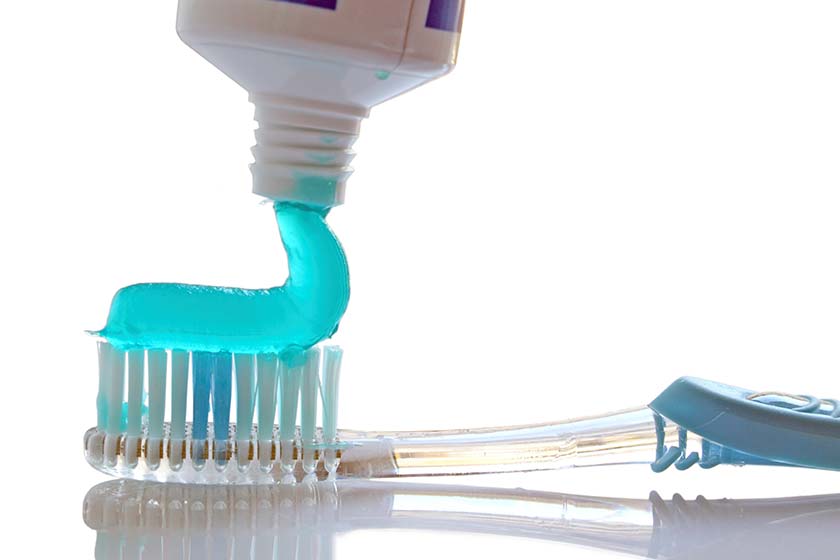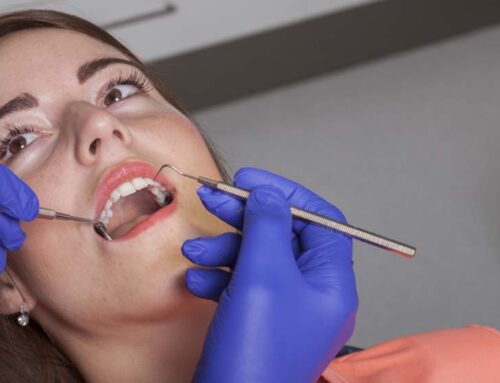Nowadays, there are dozens, even hundreds, of types of toothpaste available. When you go to the market or the pharmacy, it can sometimes be challenging to make the right choice among so many options. We frequently receive questions about choosing the right toothpaste. First and foremost, there is no single product that we can call the best and most suitable on the market. The most important thing is regular, timely, and technically correct brushing. When choosing your toothpaste, it is sufficient to select one that suits your needs and is effective against dental issues.
The primary function of toothpaste is dental cleaning. In addition, there are many extra options such as tartar protection, for sensitive teeth, for gum problems, whitening properties, for smokers, with fluoride, for children, natural, etc. Let’s examine some of these options together.
Whitening Toothpastes
The desire for white teeth has especially driven toothpaste manufacturers to produce whitening products and market them for their cosmetic effects. Teeth often lose their whiteness due to aging, excessive consumption of tea or coffee, and smoking. Therefore, toothpastes with whitening effects are among the most commonly preferred. Some toothpastes owe their whitening property to abrasive substances in their content, which can cause wear on the tooth surface with prolonged use. It is important to evaluate the active ingredients of the toothpaste you purchase.
Natural Toothpastes
People with allergic tendencies, vegans, and those who prefer natural ingredients over chemical ones generally turn to natural toothpastes. Natural toothpastes, made from organic materials, do not contain fluoride, which protects tooth enamel. They are produced with natural ingredients such as coconut oil, ginger, mint, and lemon juice, and support brushing. However, they do not fulfill the role of protecting and strengthening the enamel that fluoride-containing toothpastes provide.
Toothpastes for Sensitive Teeth
There are toothpastes specifically designed for sensitivity caused by gum recession or enamel erosion. This condition can also be age-related or result from gum diseases. Special toothpastes are available to reduce this sensitivity. While using such toothpastes for tooth sensitivity, it is also important not to neglect your dental check-ups.
Toothpastes for Children
Especially for children aged 2-6 and during the initial brushing stages, children may swallow toothpaste. Since they are brushing their milk teeth, the active ingredients in adult toothpastes are too strong for them. Children’s toothpastes need to be milder in terms of both fluoride and tartar protection and should not contain substances like parabens. You can choose a suitable option by evaluating the many toothpaste options available for children on the market.
Toothpastes for Smokers
The teeth of people who smoke are typically stained and yellowed due to the tar content in cigarettes. Toothpastes designed for this purpose are more powerful and can especially have an abrasive effect on the enamel with vigorous brushing.
If you are having trouble choosing a toothpaste, you can consult your dentist. Considering your features and expectations, you can make your selection from clinically proven products.







Leave A Comment